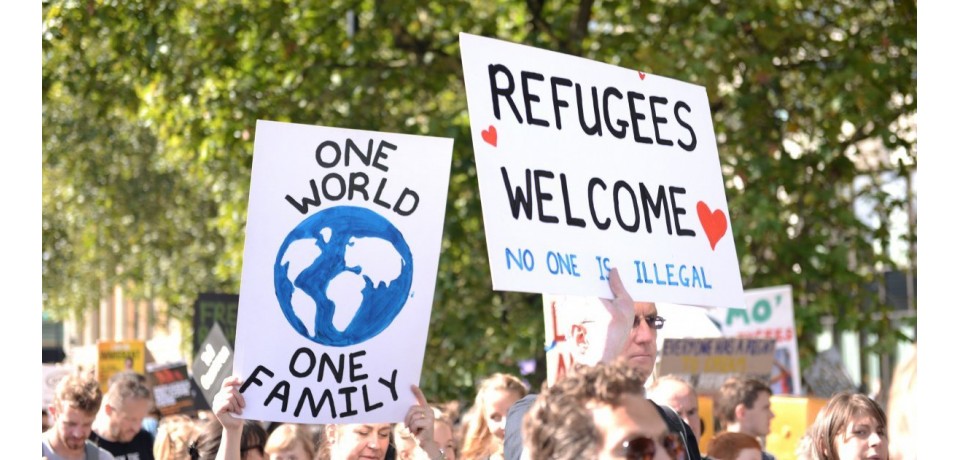Public Narratives and Attitudes Towards Refugees and Other Migrants: UK Country Profile (Revised)
Agencia/Organizadores
Overseas Development Institute (ODI)
Países
United Kingdom
Idiomas
English
Año
2021
Tema(s) transversal(es)
People-Centred;
Sustainable Development;
Human Rights;
Whole-of-Society Approach
Tema
Governance;
Social Inclusion and Human Rights
Objetivos de Desarrollo Sostenible Relacionados y Objetivos del Pacto Mundial sobre Migración
This briefing presents an overview of the key features of migration and asylum policy in the UK, recent trends in migration patterns, and public perceptions and political narratives on refugees and other migrants:
- Most Britons consistently overestimate the number of migrants in the United Kingdom (UK). In 2019, refugees and other migrants accounted for 14% of the UK population, yet the majority of Britons assume that 27% of the UK population are migrants.
- The UK is among European countries with the most positive attitudes towards immigration. While Britons hold more negative attitudes towards refugee assistance, there are signs in recent polling data that this is changing.
- Since the European Union (EU) referendum, immigration has ranked as a less important issue for the public. Concerns about immigration have fallen to their lowest levels in two decades. Attitudes towards migrants have also shifted from mostly negative to mostly positive, with a notable drop in negative attitudes.
- Public narratives on refugees and other migrants are polarised between a ‘threat narrative’ to culture, wealth and security, and a ‘positive narrative’ emphasising the potential benefits of immigration to culture, the economy and society.
- Businesses could do more to engage with immigration and highlight the shared benefits of labour mobility for host communities and migrants alike. Migrants have a positive effect on businesses and the wider economy, with a 1% increase in the migrant share of the population creating a 2% increase in income per head.
This briefing is part of a wider project supported by the IKEA Foundation aimed at supporting public and private investors interested in engaging with migration and displacement.
This briefing is an update to the first edition, which was published in November 2019.
